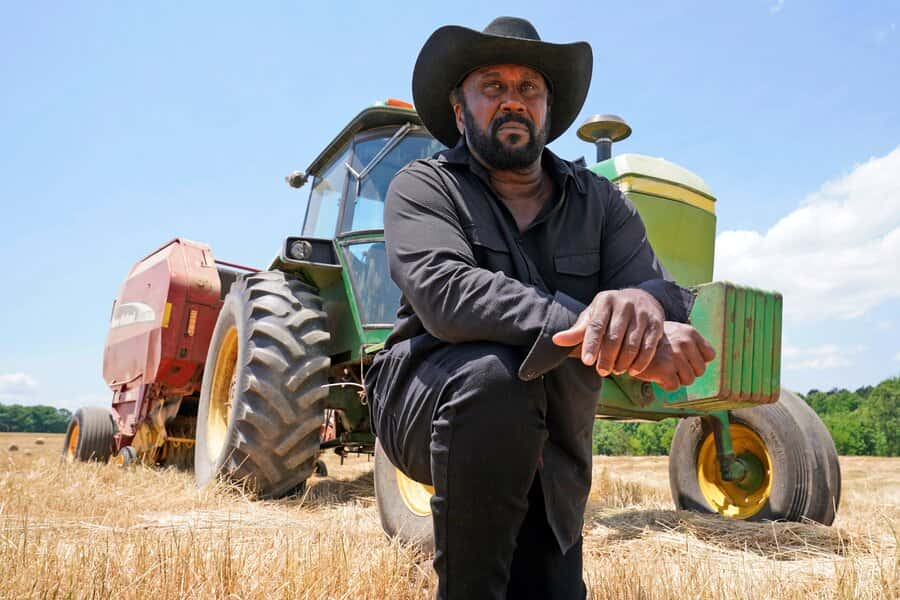The Discrimination Financial Assistance Program, funded by the Inflation Reduction Act, is now accepting applications, as announced by the USDA.

The Biden-Harris administration has launched a relief initiative worth $2.2 billion to support Black farmers and those who have faced discrimination in federal government lending programs
The program aims to provide financial aid to Black farmers, ranchers, and forest landowners who have experienced discrimination by the USDA in farm lending prior to 2021. Agriculture Secretary Tom Vilsack expressed the significance of this step, stating, “The opening of the application process is an important step in delivering on our commitment of providing financial assistance to Black farmers who faced discrimination in USDA farm lending, as swiftly and efficiently as possible.”
Black farmers, who have long accused the USDA of discrimination and denying them essential loans, are expected to apply for financial assistance under this program. To address the issue, the Discrimination Financial Assistance Program was established after a class-action lawsuit from white farmers claimed that the initial $4 billion debt relief program for “socially disadvantaged” farmers, including Black farmers, under the American Rescue Plan was discriminatory.
To address the concerns raised, Democrats in Congress revised the eligibility requirements for the USDA program, removing race explicitly, while the initial loan assistance in the American Rescue Plan remains under review in a Texas court. The latest loan assistance program, open for application, is broader in scope and does not mention race explicitly. However, the administration has clarified that it is intended for Black farmers who have suffered harm due to USDA practices.
After the Inflation Reduction Act was signed into law in August 2022, the USDA took time to select vendor partners and community-based organizations to educate Black farmers about the program and offer assistance during the application process.
Several organizations chose to participate specifically work with Black and brown farmers, aligning with the agency’s commitment to equity
Black farmers will need to provide evidence of discrimination they have faced. The USDA emphasizes that the program operates on a non-first-come, non-first-serve basis, and all applications received or postmarked before the October deadline will be considered. Payments will be awarded to eligible recipients after a review process, although it is unclear whether this will be completed by the end of the year or in January 2024.
Despite its history of alleged discrimination, the USDA has taken steps to improve its practices and personnel in relation to race. Secretary Vilsack reiterated the USDA’s commitment to assisting farmers throughout the application process, stating that they will continue to work with vendor partners and community-based organizations to ensure that eligible farmers have clear information, guidance, and support at every step.
READ ALSO: Utah Residents To Benefit From Additional Direct Payments For SNAP, Ensuring Access To Food Stamps




